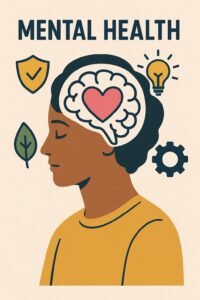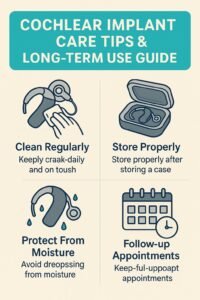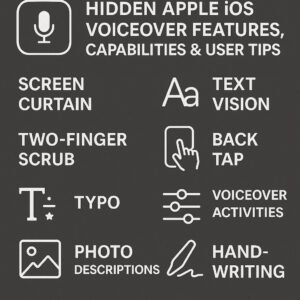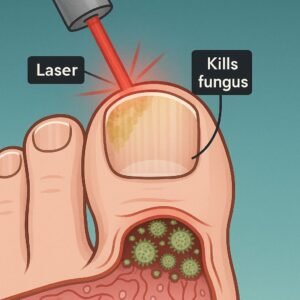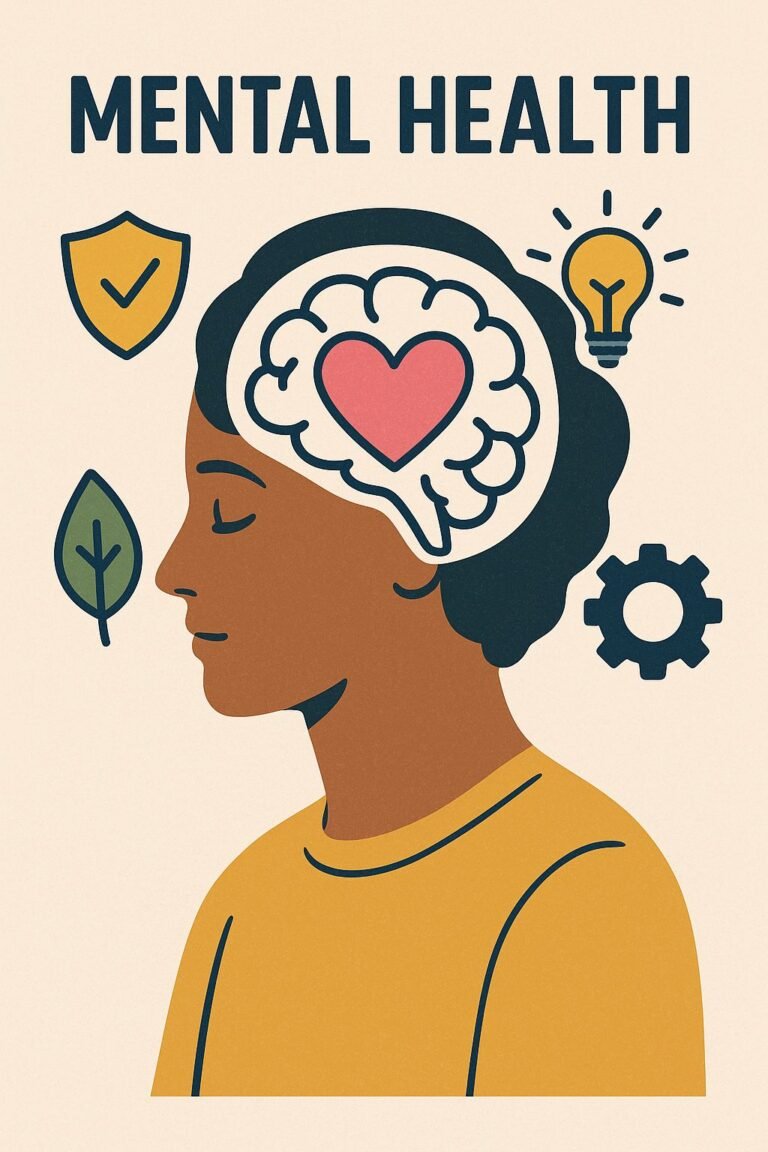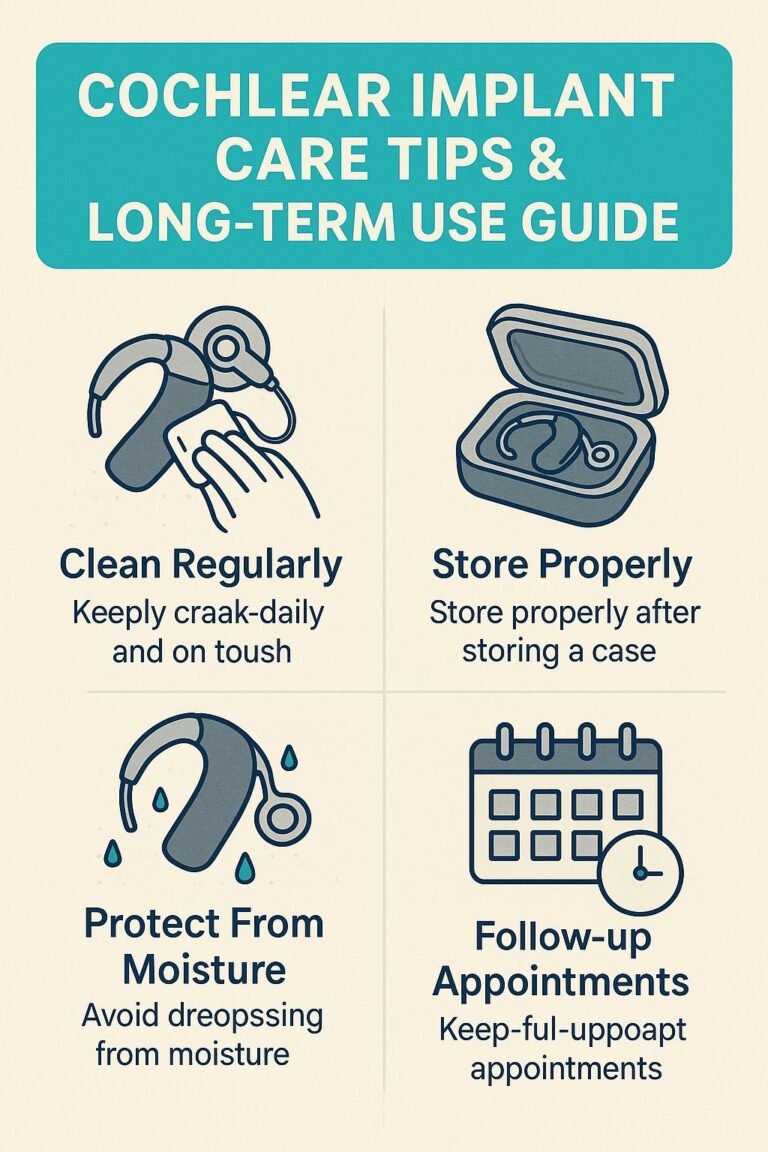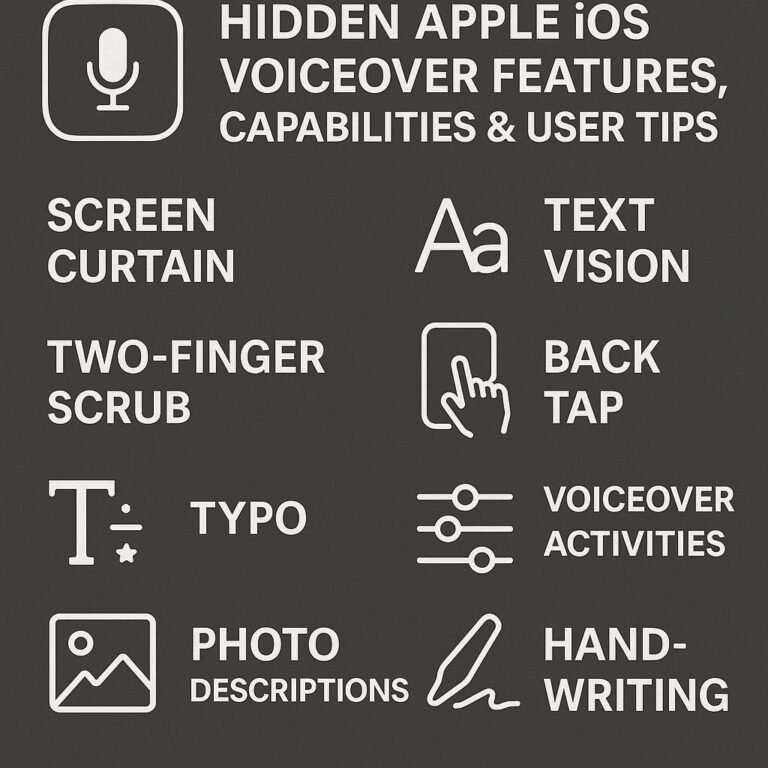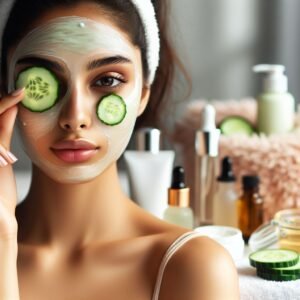Key Points
- Hair loss after 50 is often due to hormonal changes, genetics, and lifestyle factors.
- Medical treatments like minoxidil and finasteride can slow or reverse hair loss.
- Natural remedies, including essential oils and scalp massages, promote hair health.
- Diet plays a crucial role; ensure intake of proteins, iron, and vitamins.
- Consult with a dermatologist to explore personalized hair loss solutions.
Why Do People Over 50 Lose Hair?
Hair loss is a common worry for many people over the age of 50. It’s a natural part of aging, but understanding the causes can help in finding the right solutions. Let’s explore the main reasons why hair loss occurs at this stage in life.
The Impact of Hormones and Aging
Getting older means our bodies experience hormonal changes, which can influence hair growth. Menopause in women results in a drop in estrogen and progesterone, causing hair to thin. Men also experience this with a decrease in testosterone.
Apart from changes in hormones, aging also has an impact on hair follicles. As time passes, they shrink and create thinner strands of hair, resulting in the hair overall becoming thinner. It’s important to understand that these changes are normal and a part of the body’s natural aging process.
Family History
Our family history often determines whether we will experience hair loss as we get older. If you have parents or grandparents who had thinning hair or were bald, it’s likely you will have the same experience. This condition is called androgenetic alopecia, also known as male or female pattern baldness.
Although you can’t change your genetic makeup, knowing your family’s hair loss history can help you be proactive in dealing with it. The earlier you intervene, the slower the process will be and the longer you’ll be able to keep your hair healthy.
Health Issues and Drugs
Some health problems can lead to hair loss in those over 50. Issues with the thyroid, autoimmune disorders, and infections of the scalp are often to blame. Also, drugs for conditions such as high blood pressure, depression, and cancer can cause hair to thin as a side effect.
Should you believe that a health issue or medication is the culprit behind your hair loss, it is crucial to seek advice from a medical professional. They can help pinpoint the underlying issue and recommend other treatments or changes to your medication routine.
How Your Eating Habits Affect Your Hair
What you eat directly affects the health of your hair. If you don’t get enough nutrients, especially protein, iron, and vitamins A, C, D, and E, your hair follicles can weaken and you can start losing hair. As we get older, our bodies might not be as good at taking in nutrients, so it’s important to watch what you eat.
By incorporating a wide array of foods that are packed with nutrients into your diet, you can stimulate hair growth and maintain your overall well-being. Consuming foods such as leafy vegetables, nuts, seeds, lean proteins, and fruits can supply the essential vitamins and minerals that your hair needs to stay strong and lustrous.
Successful Medical Interventions for Hair Loss
There are a variety of medical interventions available for hair loss. Depending on the root cause, these treatments can help slow or even reverse the process.
Medications that Require a Prescription
When it comes to hair loss, two of the most frequently prescribed drugs are minoxidil and finasteride. Minoxidil, which can be bought over-the-counter and comes in a topical form, is applied directly to the scalp to promote hair growth. It can be used by both men and women.
Finasteride is another medication that is usually prescribed for men. It’s an oral medication that functions by preventing the transformation of testosterone into dihydrotestosterone (DHT), a hormone that has been connected to hair loss. Both medications necessitate regular use and may take several months to produce results. For more information on symptoms and treatment strategies, check out this resource.
Chatting with Skin Doctors
When you’re struggling with hair loss, it can be really helpful to chat with a skin doctor. These experts can check out your scalp and hair health, figure out what’s causing your hair loss, and suggest the right treatments. They might do some tests to make sure you don’t have any health issues that are making your hair thin.
Guidance from a dermatologist can also be beneficial. They can help you find the right products and routines that suit your specific needs. This can make a significant difference in how you manage your hair loss. For additional insights, you might explore somatic healing techniques that promote overall well-being.
Combatting Hair Loss with Natural Remedies
If you’re looking for a gentle, effective solution to hair loss, there are several natural remedies you can try. These treatments are not only kind to your scalp and hair, but they can also help to reduce hair loss.
- Start using essential oils such as rosemary and lavender in your hair care regimen.
- Regularly massage your scalp to increase blood circulation and promote hair growth.
- Think about taking herbal supplements that are known to boost hair health.
- Use stress management techniques like yoga or meditation.
Adding these natural remedies to your daily routine can help improve the health and vitality of your hair without solely depending on medical treatments. Consider incorporating somatic healing techniques to further enhance your overall well-being.
Changing Your Diet to Support Hair Health
Your diet has a major impact on the health of your hair. You should aim to eat a diet that is high in protein, vitamins, and minerals to support hair growth and strength. Protein is one of the main components of hair, so you should make sure you are getting enough from sources such as lean meats, eggs, and legumes.
Iron is a key nutrient for healthy hair. To avoid hair loss from iron deficiency, eat foods like spinach, lentils, and red meat. Also, vitamins A, C, and E, which are found in fruits and vegetables, can help hair grow and keep hair follicles healthy.
Using Essential Oils and Scalp Massages
Essential oils have been used for centuries for their healing properties, including their ability to promote hair health. Oils such as rosemary, peppermint, and lavender can help improve circulation to the scalp and stimulate hair growth. To use these oils, mix a few drops with a carrier oil like coconut or jojoba oil and massage it into your scalp.
Whether you use oils or not, massaging your scalp can increase the blood flow to your hair follicles, providing them with more nutrients and oxygen to promote hair growth. Try to massage your scalp for a few minutes each day, using gentle circular movements with your fingertips. For more information on maintaining hair health, you can explore age-related hair growth tips.
Natural Supplements
Natural supplements can give your body the extra nutrients it needs to support healthy hair. Biotin, also known as vitamin B7, is a common supplement used to strengthen hair and nails. Saw palmetto is another natural remedy believed to block DHT, a hormone associated with hair loss.
Before you start taking any supplements, make sure you talk to a healthcare provider. They can tell you if the supplements are right for you and if they will interact with any medicines you’re currently taking.
Conscious Stress Management Strategies
Stress can play a big role in hair loss, so keeping stress levels in check is important for healthy hair. Techniques like yoga, meditation, and deep breathing exercises can help to lower stress and encourage relaxation.
Regular exercise, a good night’s sleep, and hobbies can help you manage stress. These are not just good for your mind, but also beneficial for your hair health.
Modifying Your Lifestyle for Healthier Hair
By making a few lifestyle adjustments, you can greatly improve the health and look of your hair. These changes, along with other treatments, can help you get and keep healthier hair.
Consistent Scalp Care
It’s vital to have a regular scalp care routine to keep a healthy environment for hair growth. This routine should include regular washing to get rid of dirt and oil, gentle exfoliation to remove dead skin cells, and moisturizing to keep the scalp hydrated. For more detailed advice, consider exploring age-related hair growth tips.
By using gentle shampoos and conditioners that are free of sulfates, you can avoid scalp irritation and dryness that could result in hair loss. Furthermore, try not to wash your hair too often as it can remove the natural oils from your scalp.
Drink Up and Sleep Well
Drinking plenty of water is important for overall health, including the health of your hair. Water helps deliver nutrients to your hair follicles and aids in the body’s natural detoxification process. Try to drink at least eight glasses of water a day to keep your body and hair well-hydrated.
Getting enough sleep is also critical, as this is when your body repairs itself, including your hair cells. Aim for 7-9 hours of sleep a night to help your hair grow.
“Without adequate hydration and sleep, other attempts to maintain healthy hair may not be as effective. For more information on how aging affects hair, you can visit this MedlinePlus Medical Encyclopedia page.”
Preventing Damage from Heat and Chemicals
- Reduce the use of heat styling tools like straighteners and curling irons.
- Choose to air dry instead of using a hairdryer when you can.
- If you have to use heat tools, use a heat protectant spray.
- Steer clear of harsh chemical treatments like bleach and perms.
By reducing the amount of heat and chemicals your hair is exposed to, you can prevent damage and breakage, helping your hair to grow stronger and healthier.
The Perks of Working Out
Regular workouts are not only good for your body, but they can also do wonders for your hair. When you exercise, you increase blood flow throughout your body. This means that more nutrients and oxygen reach your hair follicles, which can promote hair growth and keep your scalp healthy.
Moreover, exercise is a great method to lessen stress, which is a known factor in hair loss. Engaging in activities such as walking, jogging, yoga, or swimming can assist in managing your stress levels and encouraging a healthy equilibrium in your body, which in turn supports the natural growth cycle of your hair.
Advice for Handling Hair Loss
Handling hair loss necessitates a blend of lifestyle modifications, natural solutions, and perhaps medical interventions. Here are some practical suggestions to assist you in dealing with hair loss effectively:
- Consume a diet high in protein
- Limit the use of heat styling tools every day
- Take a daily multivitamin
- Review your medications
- Lower your stress levelsTry using minoxidil
By making these strategies part of your everyday routine, you can encourage hair growth and prevent additional hair loss.
Concluding Remarks on Hair Loss Remedies
Experiencing hair loss can be tough, particularly as we get older. But, by gaining an understanding of the reasons behind it and investigating a range of solutions, you can take charge of the health of your hair. Whether you choose medical interventions, natural treatments, or changes to your lifestyle, being consistent and patient is crucial to seeing an improvement.
Keep in mind, it’s crucial to speak with medical experts, like dermatologists, to figure out the most effective strategy for your unique requirements. With the appropriate steps, you can keep your hair strong and lively well into your later years.
Common Questions
While exploring the different options for treating hair loss, you might have a few questions. Here are some typical questions and their answers to help you along the way:
Will I definitely lose my hair as I get older?
Although hair loss is a common part of getting older, it’s not a guaranteed part of aging. Whether or not you’ll lose your hair depends on your genetics, your lifestyle, and your overall health. By taking care of these factors, you can lower your risk of hair loss and manage it effectively if it does happen. For more insights on maintaining overall health, explore somatic healing techniques.
Is it possible to prevent hair loss just by eating right?
While your diet is a major factor in keeping your hair healthy, it’s not the only thing that can prevent hair loss. Eating a well-rounded diet that includes all the necessary nutrients can help your hair grow, but things like your genetic makeup and changes in your hormones can also cause you to lose hair. The best way to keep your hair is to eat right and use other treatments in combination.
“The best way to tackle hair loss is through a combination of diet, lifestyle changes, and medical treatments.”
Keep in mind, everyone is unique, and what may work for one person may not work for another. It’s important to find the right mix of solutions that cater to your specific needs. For instance, exploring somatic healing techniques might be beneficial for some individuals.
When can I expect to see results from natural remedies?
It can take anywhere from a few weeks to a few months to see results from natural remedies. It’s important to be consistent with your treatments and stick with them. Remember, hair growth takes time so be patient.
Do medical treatments have any side effects?
There can be side effects to some medical treatments for hair loss, such as minoxidil and finasteride. Minoxidil often causes scalp irritation and unwanted facial hair growth, while finasteride can lead to sexual side effects in men. It’s important to talk to your healthcare provider about possible side effects before you start any treatment.
Do hair regrowth products actually do anything?
Yes, a number of hair regrowth products, including minoxidil, have been shown to work for some people. However, results can vary based on the cause of the hair loss and how the individual responds to the treatment. It’s important to manage expectations and understand that not everyone will be able to regrow their hair.
Investigating a mix of both natural and medical treatments can boost the chances of successfully treating hair loss. Keep yourself updated, take initiative, and seek advice from experts to find the best methods for maintaining your hair’s health.

